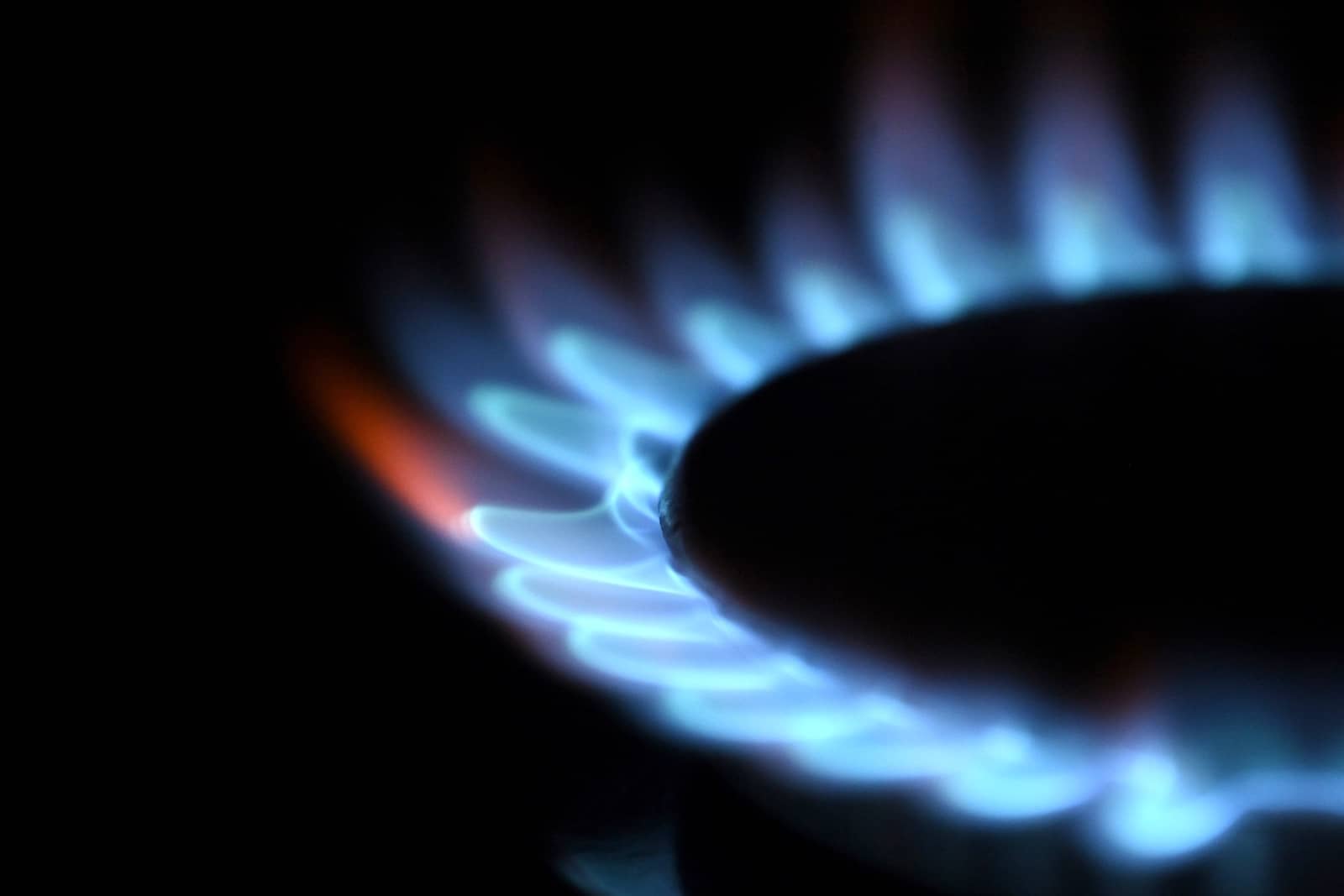There’s no pleasing some people. Back when the government still believed windfall taxes were a terrible idea, the Scottish National Party was insisting one be imposed to help tackle the cost of living.
In March, the SNP’s Stephen Flynn asked in the Commons: ‘Is it right that those who have benefitted from the pandemic… are able to benefit while our constituents are struggling? Absolutely not.’ The previous month, Nicola Sturgeon tentatively voiced support, arguing oil and gas firms should ‘absolutely’ be asked to pay more to alleviate the crisis. How unexpected, then, to see the SNP’s work and pensions spokesperson Kirsty Blackman launch repeated attacks on the levy in the days after the Chancellor announced it would be introduced.
Perhaps any criticism of the policy should be welcomed. Though they might play well to some parts of the electorate, windfall taxes are damaging and inefficient. They distort investment and send a message to businesses that government will reserve the right to impose a retrospective and arbitrary tax whenever they feel the urge. Hot summer? Time for a profits levy on ice cream producers. Cold winter? Time to hammer jumper manufacturers.
Businesses in Aberdeen have reportedly reacted furiously to the levy, warning ‘we’ve shot ourselves in the foot’. One representative from the Aberdeen and Grampian Chamber of Commerce warned it would make the North Sea ‘less attractive to investors’. Despite BP’s chief executive recently claiming the firm had more money than it knew what to do with, it is now reconsidering its investment plans.
But Blackman’s objection is rather different. The MP has complained that ‘90 per cent of that money has been generated from income made in Scotland, and actually it feels very unfair that Scotland is having to pay for the entirety of the UK’.
The tax is indeed unfair, yet not in the way Blackman presents it. For a start, it is a profits levy which falls in the first instance on shareholders, only a small minority of whom will be Scottish. Then the impact may be passed onto consumers, the majority of which won’t be Scottish. And while the sector supports over 70,000 jobs across Scotland, this only represents a third of all oil and gas jobs in the UK.
But even setting aside the gaping holes in their economic analysis – not least that in 2020-21 Scotland accounted for 7.9 per cent of tax raised across the UK but 9.1 per cent of all public spending – does anyone know what the SNP’s position on energy and climate change is anymore?
Prior to the 2019 general election, the First Minister told of the dangers of trying to rapidly ‘draw a line’ under North Sea exploration and extraction, warning it would make Scotland ‘more dependent on imported oil and gas’. Yet last autumn the SNP entered into a cooperation agreement with the Scottish Greens, with Sturgeon voicing opposition to the development of the Cambo oilfield. It was quite a departure from the party’s pre-2014 referendum strategy, which made the North Sea a central pillar of the economic case for independence.
And the First Minister was a ubiquitous presence at COP26, when her stream of photographs with VIP attendees earned her the nickname ‘Elsie McSelfie’. But such gestures sit awkwardly with the Climate Change Committee’s recent analysis that the SNP’s claim to be a world leader in protecting the environment is ‘hollow rhetoric’. Commending the ‘vision’, the body warned that the Scottish government had failed to deliver practical policies.
It is doubtful the windfall tax will have any impact on the speed at which net-zero is likely to be achieved, though any effect will likely be net negative. It will hit domestic supply of oil and gas, but not demand other than through any indirect price effects. And the secondary signal sent last week was on a renewable generator windfall tax, which caused sharp drops in investor confidence in renewables – as reflected in the share prices of major players.
When Flynn called for a broad windfall tax in March, he set Amazon and Netflix in his sights. But these are huge, global companies and their profits are far less remarkable when compared to turnover or capital employed. Over the course of this year, Netflix’s share price has plummeted. Sturgeon was right back in 2019: oil and gas will play a vital role in our low-carbon transition. The SNP should stick to practical policies, rather than engage in cheap populism.







Comments